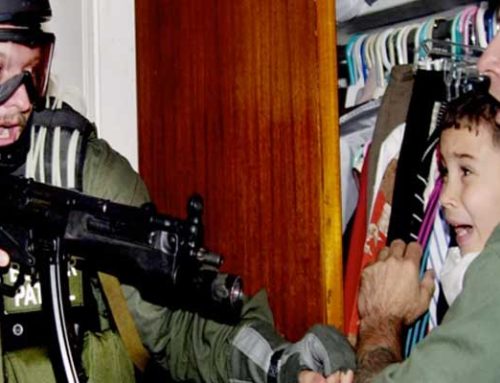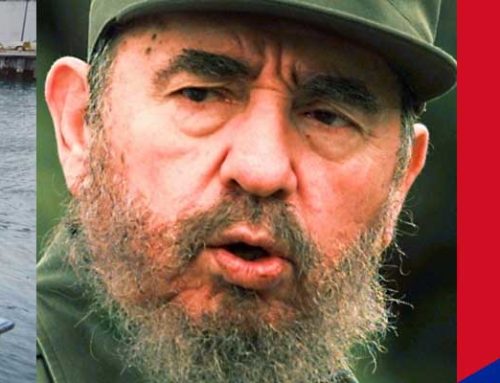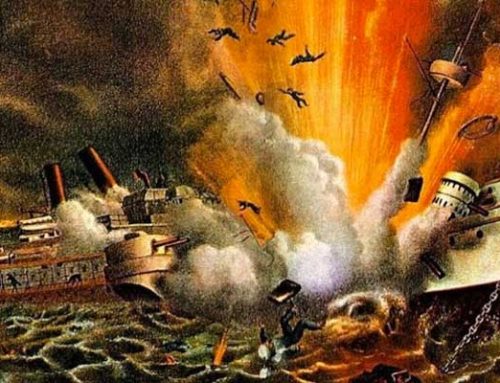Haiti occupies the western third of the Caribbean island of Hispaniola. Haiti’s history is a tragic tale of cruelty, opportunism, and extraordinary heroism. The story begins with a French colony called Saint-Domingue and their importation of enslaved Africans.
French colonists constructed enormous plantations in the fertile Haitian soil. The enslaved Africans were forced to grow sugar cane, tobacco, and coffee for export to France. Hunger and disease were prevalent among the Africans, and violent rebellions were common. åIn 1791, the Africans revolted under the leadership of Francois Toussaint L’overture. Following thirteen years of bitter and bloody battle, the former slaves forced the French to relinquish their colony, but by then, Louverture had been captured and imprisoned in France, where he died in prison. In Louverture’s absence, Jean-Jacques Dessalines led the Haitian Revolution. On January 1, 1804, Dessalines and the revolutionaries renamed the former colony Haiti, an Arawak word that means land of mountains.
There had been many black kingdoms in Africa, but never before had a black government replaced a white colonial government. Haiti became the first nation in the Americas to abolish slavery. Unfortunately, the revolutionaries who formed the first independent black nation in North America had no experience in government. While the French were in control, Haitian people were not allowed to be educated, so only a few could read or write. Other nations did not recognize the black government, and the income from sugar production was gone because the sugar plantations had been destroyed in the long war.
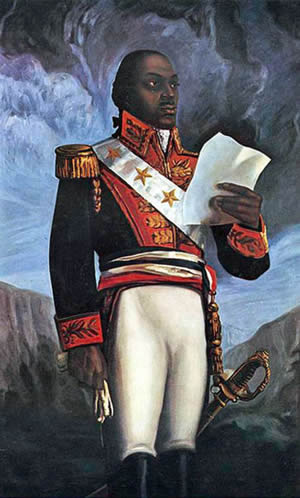
Francois_Toussaint_L’overture
Francois Toussaint L’ouverture was the leader of the Haitian Revolution. The Haitian Revolution led to the establishment of the independent black state of Haiti, transforming an entire society of slaves into a free, self-governing people.
Many power-hungry men who cared little for their people controlled Haiti. From 1908 to 1915, Haiti had fifteen presidents. The United States invaded in 1915 and occupied Haiti for nearly twenty years. A series of strikes and uprisings led to America’s withdrawal from Haiti in 1934.
The Duvalier family ruled Haiti from 1957 to 1986. Francois “Papa Doc” Duvalier was an admired doctor for treating malaria patients in remote parts of Haiti. Duvalier ran for the presidency and was elected by the largest majority in Haitian history. Once in power, Papa Doc became a dictator. He was raised a Roman Catholic, but Duvalier strengthened his control over Haiti by publicizing his belief in Voodoo.
Papa Doc created a violent military police force known as the Touton Macoutes. (pronounced TOE-tan mow-COO), who tortured or murdered thousand of Papa Doc’s opponents. Victims of the Touton Macoutes were sometimes left hanging in a public marketplace as a gruesome reminder of what could happen to anyone who opposed the Duvalier regime. Most of Haiti’s educated people fled during Papa Doc’s rule, leaving it the poorest and most illiterate nation in the Western Hemisphere.
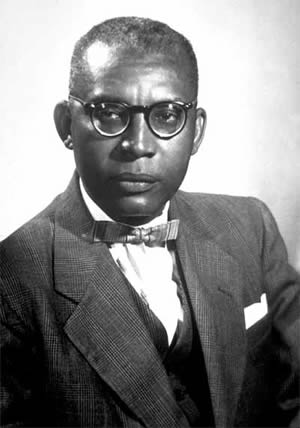
Francois_Duvalier
François “Papa Doc” Duvalier was the President of Haiti from 1957 until his death in 1971. Duvalier created a violent military police force known as the Touton Macoutes who tortured or killed many of his opponents.
When Papa Doc died in 1971, his 19-year-old son, Jean-Claude “Baby Doc” Duvalier, followed his father into power. Jean-Claude had little interest in governing and enjoyed a lavish lifestyle while his nation lived in poverty, and the Touton Macoutes brutalized anyone who opposed Baby Doc. In 1986, the Haitian people revolted. Baby Doc fled to France with millions of dollars from the Haitian treasury. A series of short-lived governments followed, most of which were brutal and incompetent.
A massive earthquake in 2010 killed more than 200,000 people and left millions homeless. Haiti faced further devastation in 2016 as Hurricane Matthew took the lives of more than 3000 people. Meanwhile, eighteen people have led Haiti in the post-Duvalier era. Many were accused of human rights violations. The last elected President of Haiti, Jovenel Moïse, was assassinated in 2021. Since then, a Council of Ministers has governed Haiti. Elections are planned, but a date has not been set.
Resources:
Download this lesson as Microsoft Word file or as an Adobe Acrobat file.
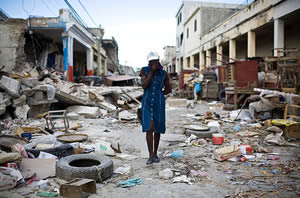
Haitian_Earthquake
In 2010, a massive earthquake killed more than 200,000 people and left millions homeless. Despite international assistance, Haiti is still recovering from the catastrophe.


